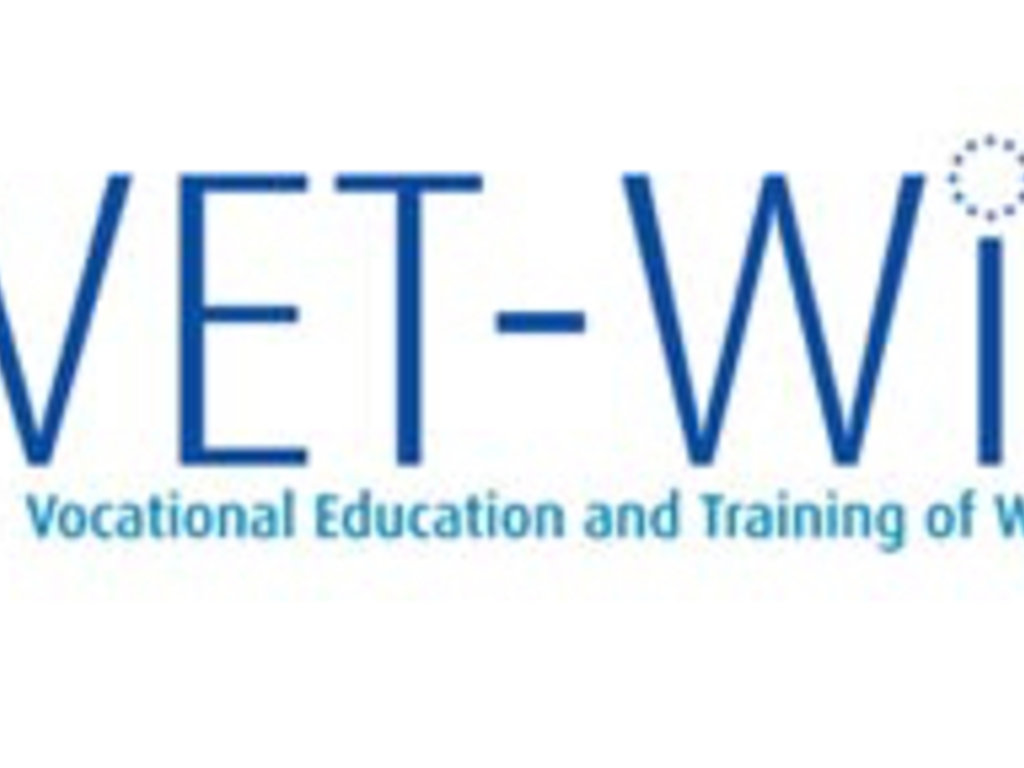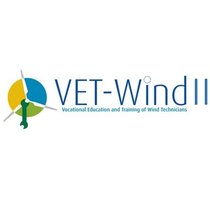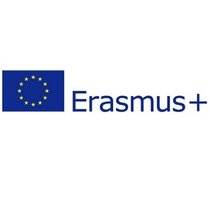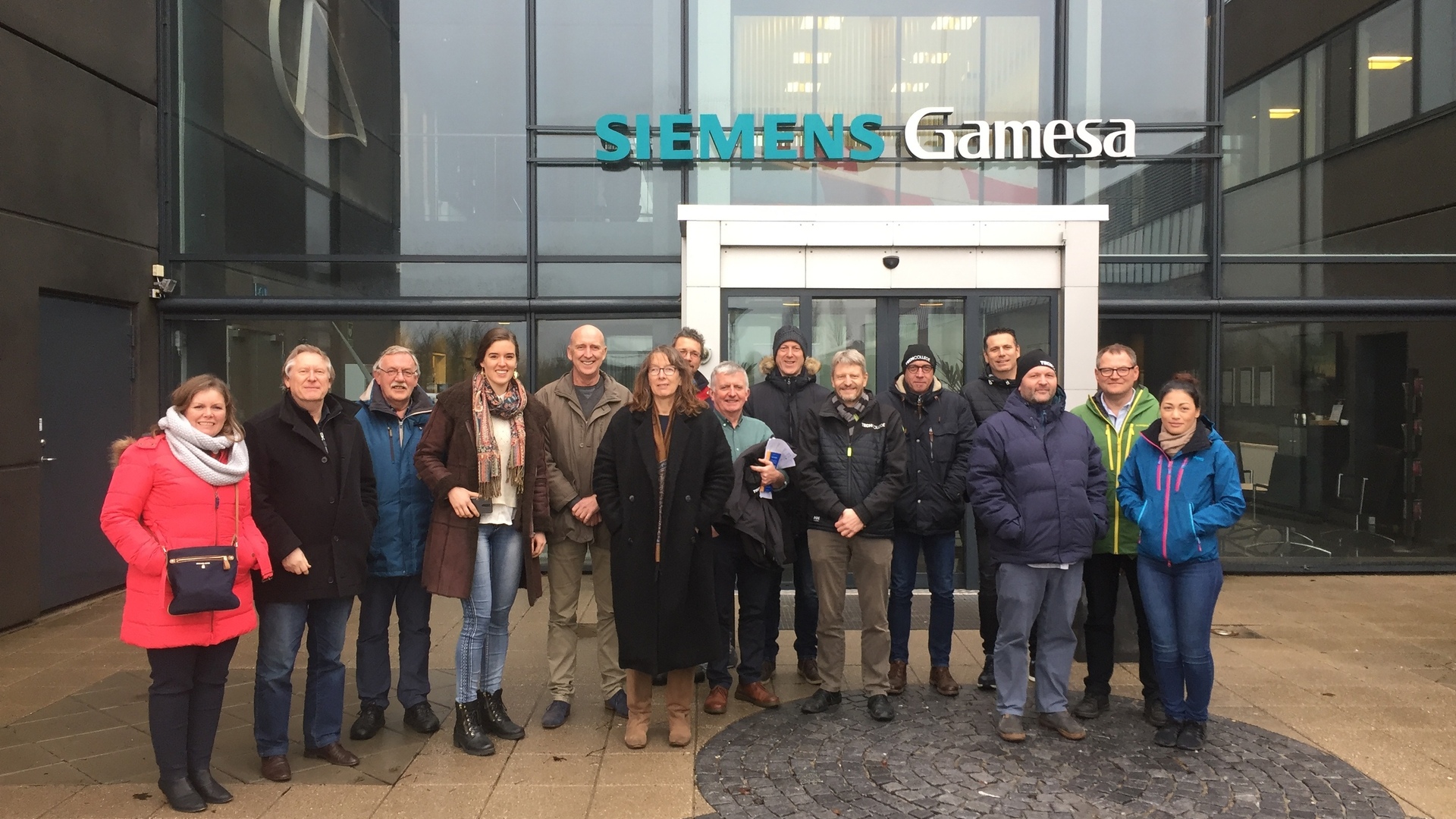

VET-Wind II is a relatively small project with a duration of 12 months and a large number of partners. It runs from October 2018 till September 2019. It provides insight into future developments and indicates which options are available - and what the consequences of the different choices are. It is the intention of the partnership to apply for a follow-up project in 2019 to put things into practise and make a start with the real European cooperation concerning the harmonization of education and qualifications in close cooperation between VET and industry.

Offshore Wind is booming! Employment in this sector in the countries around the North Sea is increasing rapidly and a shortage of qualified workers is looming. To keep offshore wind farms operational, maintenance is key. Providers of O&M (Operation and Maintenance) services need skilled workforce. The increasing demand requires expansion of current training capacity. The quality of vocational training should be improved. Because of the international character of the industry it makes sense to harmonise curricula and qualifications. In addition, it is important to mainstream the relationship between the internal training of the companies and mainstream VET.
Although the branch is extremely international, the courses and qualifications are school or national based. International coordination and cooperation will increase the quality of their diplomas and strengthen their position on the labour market. But international coordination has hardly taken place. So there is, to begin with, a need for shared information on the state of the art in offshore wind, especially in operation and maintenance in VET (Vocational Education and Training). In VET-Wind II, partners from Denmark, Germany, Norway, Ireland, Belgium and The Netherlands will describe the current situation and explore the needs of this international branch. In each country interviews are conducted with companies and with educational institutions. Based on that, partners will define the desired situation concerning education and training in offshore wind. That should be the beginning of a real European cooperation concerning the harmonization of education and qualifications in close cooperation between VET and industry. The project also provides a sustainable network of important stakeholders in the field of offshore wind in almost all countries around the North Sea.
The European Commission support for the production of this publication does not constitute an endorsement of the contents which reflects the views only of the authors, and the Commission cannot be held responsible for any use which may be made of the information contained therein.
The VET-Wind II project is funded by the ErasmusPlus project.


TechCollege Aalborg host international partners from Europe to consider education and training opportunities in the offshore wind energy sector
TechCollege recently hosted a variety of organisations from Norway, Belgium, Netherlands, Germany and Ireland who have a common goal in mind: to consider the possibilities of harmonisation of education and training for the offshore wind energy sector.
This VET Wind II project led by Noorderpoort College from the Netherlands and funded by the ErasmusPlus programme, enjoys an exceptional group dynamic and lively discussion around the current landscape of offshore wind energy education across partner countries.
Gorm Vestergaard of TechCollege said, “We were proud to showcase our unique approach to partnering with key industry players in the wind energy sector in a way that benefits both our college and students and crucially, meets the needs of industry. We have worked extremely hard to build trust, a solid reputation and positive outcomes through the delivery of composites training that meets a real and tangible need of industry”.
In addition to workplace visits to Siemens and Vesta plants, partner representatives focused on one of the key themes of the project – health & safety in the offshore wind sector. Summarising the conversation, Johnny Gaelens of Syntra said, “One of the challenges our group research has found is that while industry requirements in terms of health & safety training are standard, the delivery of the training is different across different countries. This poses a challenge for education and training providers on how they can feed into the process, which industry feedback has indicated is vital and welcome. The fundamental question is how can this be delivered in a way that is consistent and transferable across European countries?”
Dick van der Plas, Technical Director of Noorderpoort concluded by saying, “Partnership research projects like this VET Wind II project are a key way for our organisation, our staff and ultimately our students to broaden perspective, identify differences in approaches from country to country and learn from other like-minded people. This is certainly a dynamic project group and I complement TechCollege on being exceptional hosts.”
Meeting host, Gorm Vestergaard of TechCollege, Aalborg concluded by saying, “We have been delighted to demonstrate our close connections with the wind energy industry in our composite training centre for blade manufacturing. Through this project we have learned that different countries are at different stages of development. It is important that we share experiences of what works well in order that together we contribute to positive developments in the offshore wind sector”.
| English | Academy Consulting Contact |